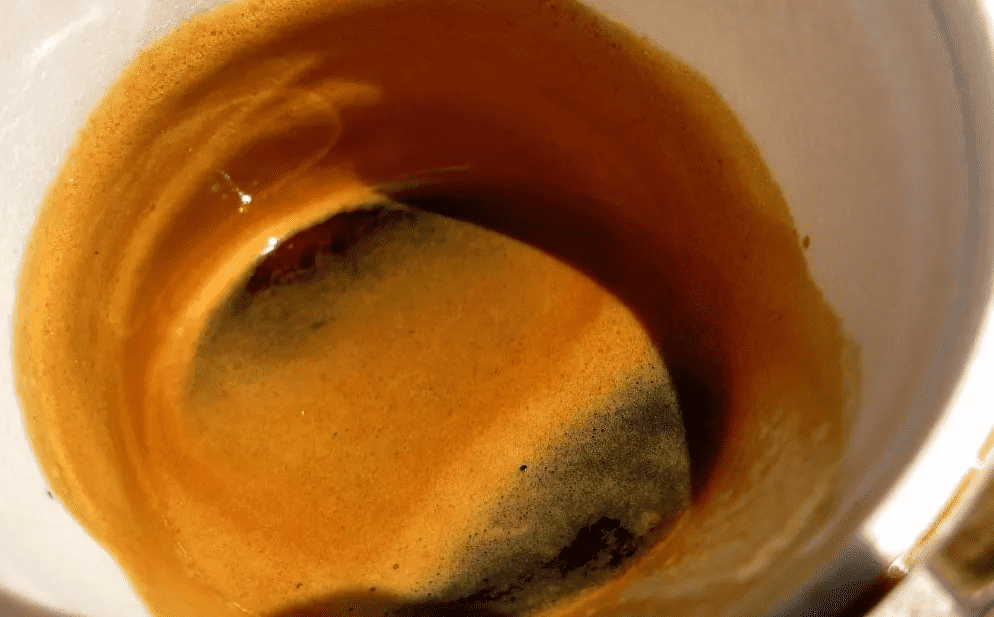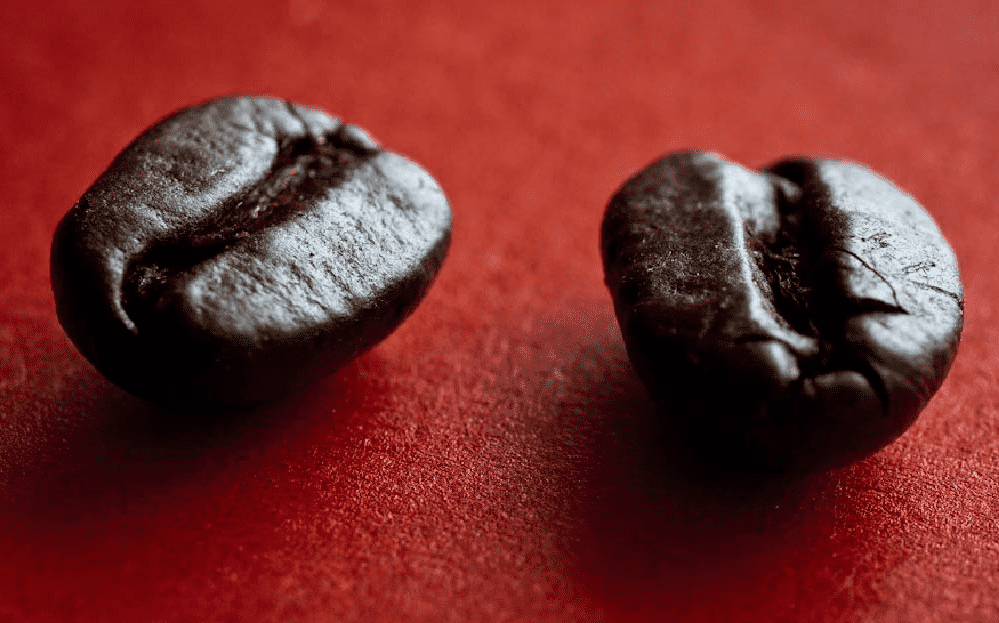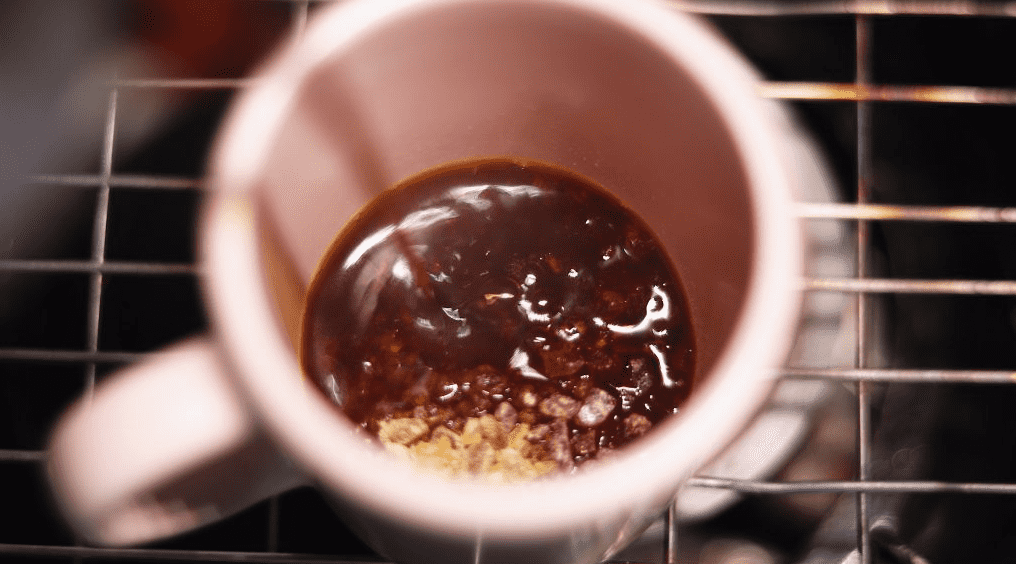Throughout Latin America, coffee producing countries have traditional coffee making methods that have been passed down from generation to generation. Cuban coffee originating from Cuba is an example of this.
Although Cuban coffee (also known as Cuban espresso) was invented in Cuba, today it can be found in areas of the world with large Cuban populations. At first glance, it looks similar to ordinary espresso, but Cuban coffee is made in a completely different way and has a unique flavor.
Although it originated in Cuba, its growth and popularity in the past few decades is largely due to the spread of this beverage outside the island. After the Cuban Revolution in 1959, a large number of Cuban citizens immigrated to the United States, especially many people settled in Florida. Today, Miami has one of the largest Cuban communities in the world; out of an estimated 6.2 million people in the city and its surrounding areas, there are estimated to be more than 1.2 million Cubans. Martin Mayorga is the CEO and founder of Mayorga Organics. According to him, Cuban coffee combines espresso with a lot of sugar to make a syrup-like strong drink. Brown sugar is usually whipped with coffee to make it more viscous. Traditionally, it is made with a moka pot. The production process generally involves adding a lot of sugar to a small cup. Then, brew espresso in a moka pot. After that, drip coffee is added to the cup and whipped with sugar to form a kind of “margarine” called espumita. After brewing, add it to a separate cup and then scoop espumita on top.
Cuban coffee is made with dark roasted coffee to bring out the sweetness and richness of coffee. Historically, the choice was mainly Brazilian Robusta coffee or other cheap coffee systems. With continuous improvement, now it is also beginning to use boutique and even mailed coffee to make Cuban coffee. Although deep roasting is better for making Cuban coffee, and the added sugar balances the bitterness, in fact, coffee beans should not be roasted too deeply, otherwise they may lose their unique characteristics and flavors. Many Cuban immigrants regard Cuban coffee as part of their culture. For Cuban and other Latin Americans, coffee is often associated with family and friendship. Therefore, this means that traditional beverages like Cuban coffee will not change much because their recipes are passed down from generation to generation.
Cuban coffee does not need to seek a place in the specialty coffee industry. As a beverage with a large and dedicated consumer base, the specialty coffee industry should cater to it.
On the surface, Cuban coffee seems incompatible with the third wave of coffee culture. It is usually made by deep roasting, using a lot of sugar, and espresso brewed in a moka pot, but it is not espresso. This does not mean that specialty coffee should be ignored or ignored; the loyal audience of this beverage means that it has a place in the coffee field, which needs to be recognized. Rather than adjusting drinks for different audiences, baristas can actually benefit from trying traditional Cuban coffee and thinking about its popularity. In turn, this will help them understand their audience and realize that traditional coffee beverages like this have a place in the market.
Post time: Jul-02-2021




